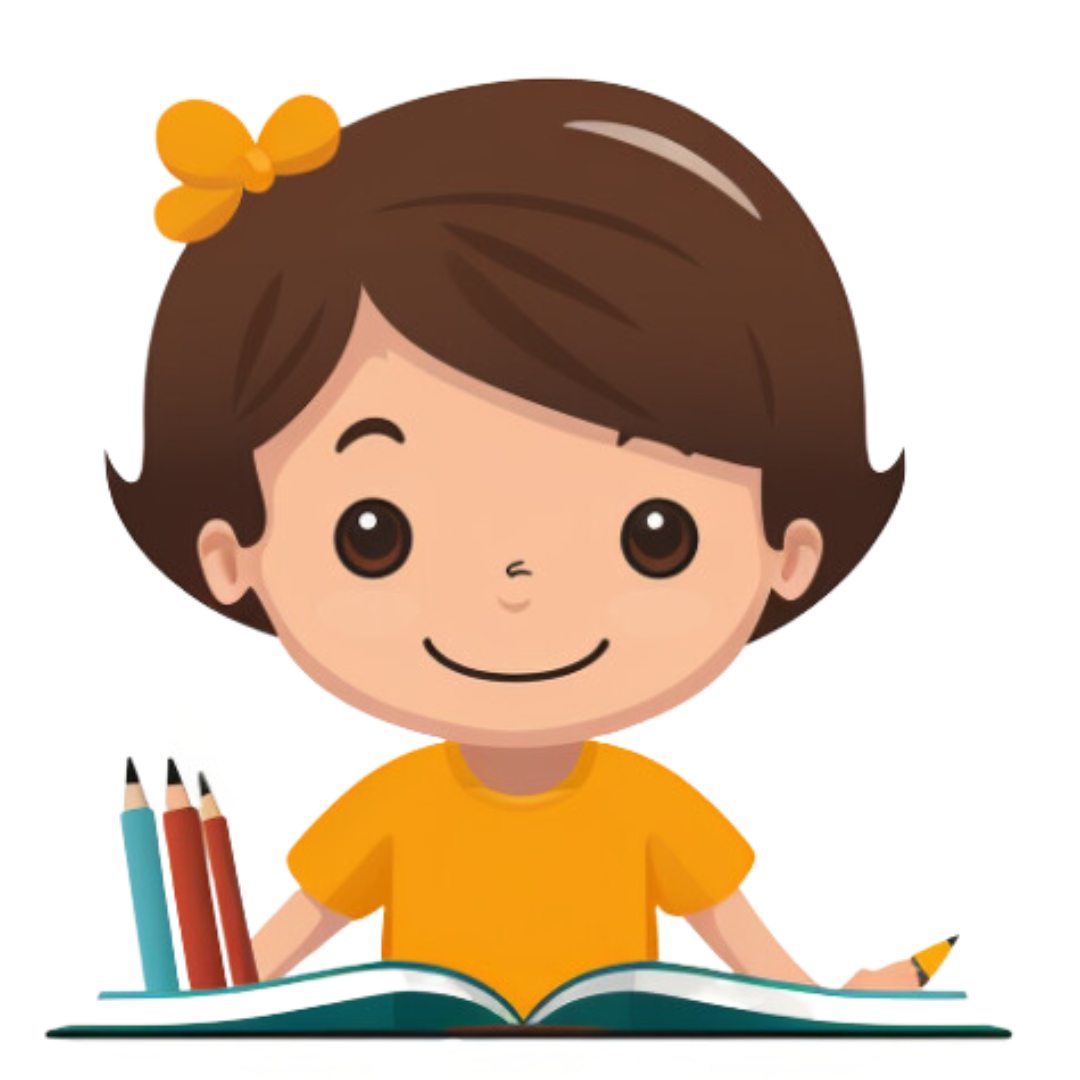Fact Worksheet
Dreamland
Rating: 0
Dreamland (Middle)
In dreams we can [fly] [swim] [run] .
Dreams happen when we [sleep] [eat] [play] .
Sometimes dreams are [scary] [funny] [happy] .
We can dream about [animals] [toys] [friends] .
Dreams can feel [real] [fake] [imaginary] .
We remember dreams when we [wake] [sleep] [run] .
Dreams can be in [colors] [black] [white] .
Dreams can make us [laugh] [cry] [smile] .
Facts
Topic: DREAMS
Lenght: 8 Sentences
Why is this worksheet educational?
These sentences are educationally valuable for several reasons.
Firstly, they introduce children to the concept of dreams, a universal human experience that can be both fascinating and confusing.
By discussing dreams in a simple and accessible way, we can help children understand this complex psychological phenomenon and encourage them to share their own dream experiences.
This can stimulate their imagination and promote emotional expression.
Secondly, the sentences are structured in a way that promotes language learning.
The use of simple, short sentences and common nouns and verbs makes the content accessible to young learners.
The sentence gap activity encourages children to think critically and use their knowledge of language to fill in the blanks.
This can enhance their vocabulary, reading comprehension, and cognitive skills.
Thirdly, the sentences convey positive messages about dreams.
They suggest that dreams can be fun, exciting, and emotionally rich experiences.
This can help children develop a positive attitude towards dreams and sleep, which is important for their psychological well-being and overall health.
Lastly, the sentences are engaging and interactive.
The multiple-choice format makes the activity fun and game-like, which can motivate children to participate and learn.
The dream theme can also spark children's curiosity and interest, making the learning process more enjoyable and effective.
 ReadWriteHub.com
ReadWriteHub.com